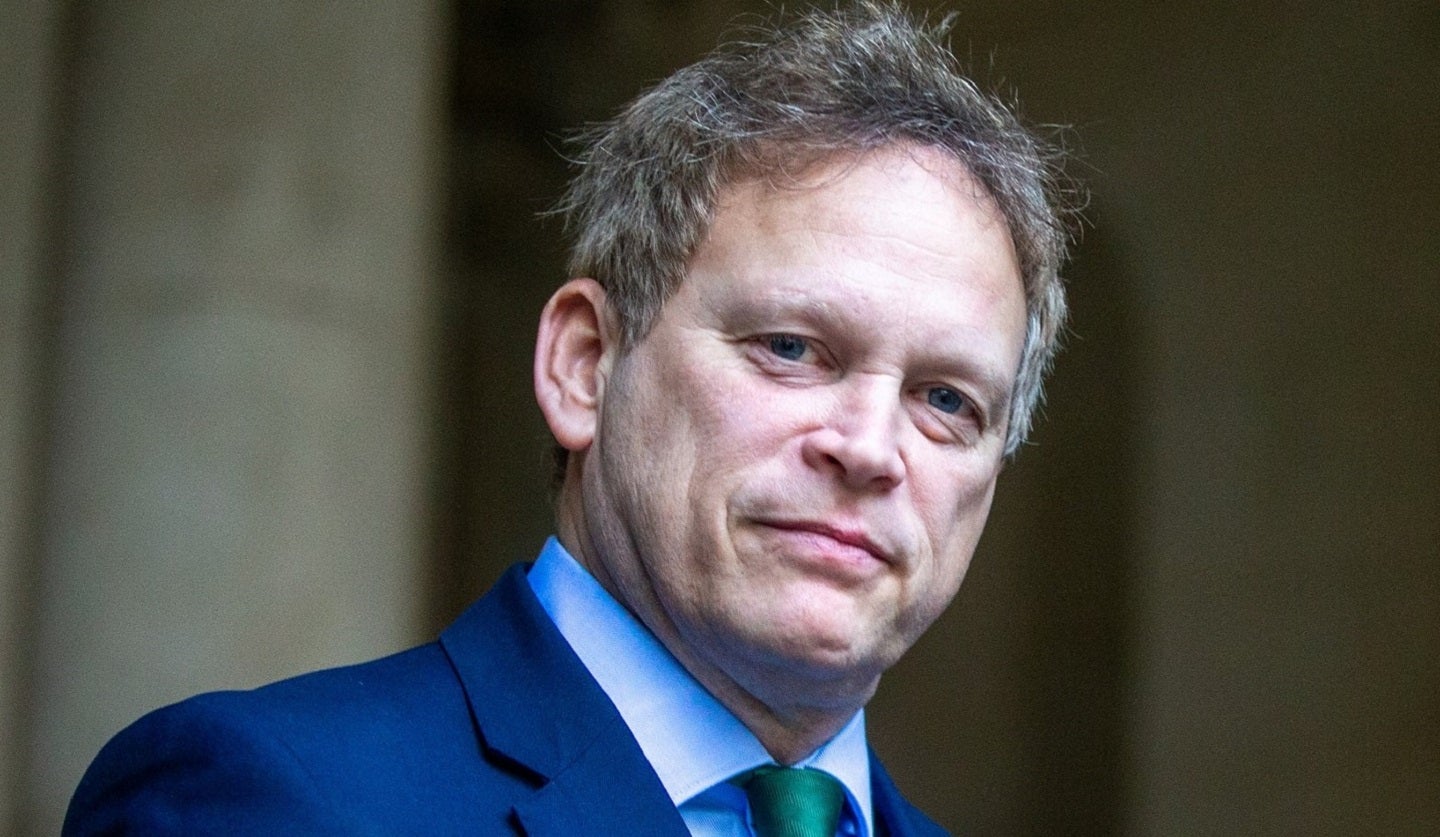
The UK Prime Minister Rishi Sunak has appointed Grant Shapps, formerly the UK’s Energy minister, as the new Defence Secretary, following previous incumbent Ben Wallace’s intention to retire from politics.
For what was once an office on the fringe of political significance at a time of relative peace, the role of Defence Secretary has come into prominence as tensions mount on the world stage – with war in Europe and the growing military posture of China and other autocratic states.
This appointment is Shapp’s fifth cabinet position, after serving in Energy, the Home Department, Transport, as well as the Department for International Development.
On X, a social media platform formerly known as Twitter, Shapps expressed his gratitude saying he is “honoured to be appointed.”
Shapps also paid “tribute to the enormous contribution Ben Wallace [his predecessor] has made to UK defence and global security over the last four years,” and that he intends to continue “the UK’s support for Ukraine in their fight against [Russian president Vladimir] Putin’s barbaric invasion.”
In his resignation letter to Sunak yesterday, Wallace noted he had left the UK Ministry of Defence in a better state than when he entered four years ago.
“As I finish my tenure, I can reflect that the Ministry of Defence that I leave is now more modern, better funded and more confident than the organisation I took over in 2019.”
Wallace’s legacy
The former Defence Secretary oversaw the evacuation of British troops from Afghanistan in the summer of 2021 to spearheading western support to Ukraine’s Armed Forces in repelling invading Russian forces from the country.
Wallace expressed his intention to retire from politics since he failed to ascend to the post of Nato General Secretary. Instead, the incumbent Jens Stoltenberg, the former Prime Minister of Norway, will continue in his international role for another year.
Wallace also noted other milestones in his four-year long service: “I am proud that I have secured GCAP, AUKUS, NCF, National shipbuilding and the Defence and Security industrial strategies that will secure thousands of British jobs for our young people many years into the future.”
In a world more divided across an increasingly multi-polar environment, Wallace remained attentive to the fact that “over the next decade the world will get more insecure and more unstable. [He and Sunak] both share the belief that now is the time to invest.”
“We must not return to the days where defence was viewed as a discretionary spend by government and savings were achieved by hollowing out,” he added.







